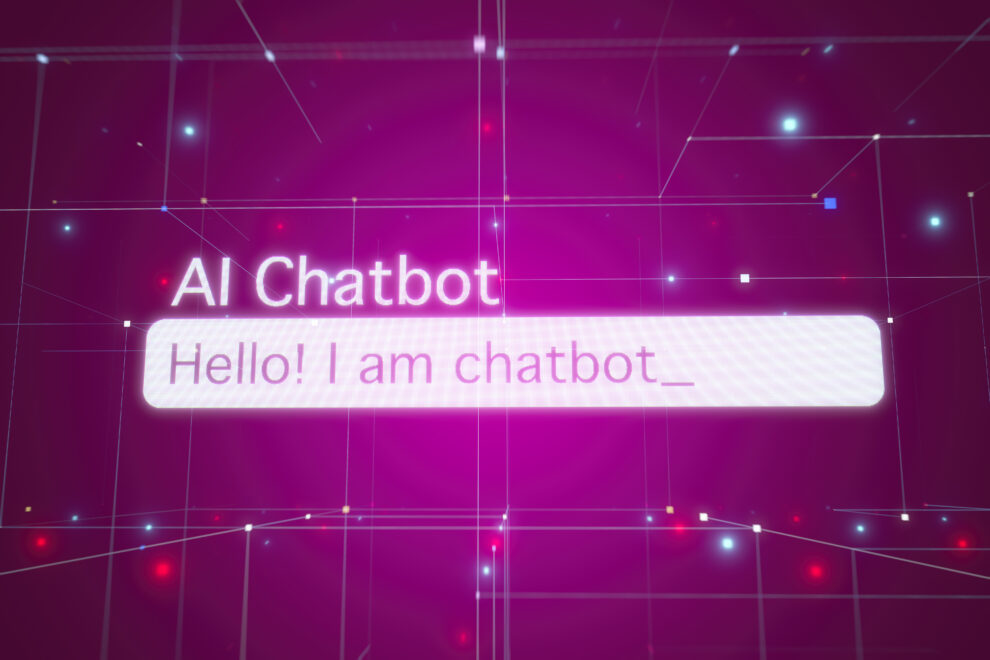OpenAI just teamed up with Alphabet’s Google Cloud Platform.
For more than two years now, ChatGPT developer OpenAI has been at the center of the artificial intelligence (AI) revolution. The company has raised billions in funding from Microsoft, works closely with leading AI-focused cloud providers such as CoreWeave, and is among the key players pushing a $500 billion domestic AI infrastructure initiative called Project Stargate.
Recently, OpenAI found itself in the headlines yet again following news of a major partnership with Alphabet (GOOG -3.68%) (GOOGL -3.89%).
Let’s explore how OpenAI and Alphabet are teaming up, and assess why this deal could be a game changer.
Why is OpenAI teaming up with Alphabet?
Microsoft’s investment in OpenAI wasn’t just about raising capital. As part of their partnership, OpenAI became tightly integrated into Microsoft’s cloud service, Azure.
While Azure’s infrastructure has been key to OpenAI maintaining explosive growth over the last two years, recent moves from the ChatGPT maker suggest it’s looking to avoid vendor lock-in with Microsoft.
For instance, as part of Project Stargate, Oracle is reportedly exploring purchasing several billion dollars worth of Nvidia‘s newest Blackwell GPU architecture and leasing access to these chips to OpenAI.
According to recent reporting, OpenAI’s partnership with Alphabet revolves around the same use case as the Oracle deal: accessing compute power through the Google Cloud Platform. As data workloads continue to rise, training and inferencing AI models becomes increasingly sophisticated and costly. Hence, broadening its cloud compute infrastructure beyond Azure is critical for OpenAI.

Image source: Getty Images.
Why this partnership could be a game changer for Alphabet
While cloud computing has emerged as a fast-growing business for Alphabet, Google Cloud operates at a much smaller scale than Microsoft Azure and Amazon Web Services (AWS). That said, working with OpenAI may look odd from the outside as the platform could be seen as both a technical competitor and existential threat to Google’s search business and AI efforts.
However, I think there is a more interesting aspect to this relationship whereby Alphabet is hedging the economic profiles of its various platforms.
Since ChatGPT emerged, skeptics have been sounding the alarm on Alphabet’s internet search business (Google). The bear narrative is that inputting a query into a chatbot such as ChatGPT and receiving a detailed response instantly will turn people away from the traditional search process of Googling something.
Although Alphabet continues to own significant surface area on the internet thanks to properties such as Google and YouTube, some search trends are beginning to indicate that ChatGPT and other large language models may be encroaching on Google’s dominance. In turn, Alphabet’s search advertising empire may be about to crack.
While the exact details about OpenAI and Google Cloud’s relationship are under tight wraps, I have some ideas as to why this deal could actually make a lot of strategic sense for Alphabet.
In a scenario where OpenAI and its peers begin to erode Google search — thereby taking a toll on Alphabet’s advertising revenue — Alphabet is still able to capture some downstream monetization. What I mean by that is Alphabet’s cloud infrastructure business captures revenue that is otherwise lost from the consumer-facing advertising segment of Google search. In turn, this new stream of cloud revenue can help tighten the gap with AWS and Azure.
In addition, a far more lucrative opportunity for Alphabet could be to hone Google’s own AI capabilities by gaining visibility into OpenAI’s workloads. Granted, this last point may be wishful thinking for the time being, as it’s not entirely known what Alphabet will be privy to with regards to accessing OpenAI’s data flow.
Is Alphabet stock a buy right now?
In the chart below, investors can see that Alphabet trades at a considerable discount compared to its cloud hyperscaler peers on a forward earnings basis.
GOOGL PE Ratio (Forward) data by YCharts
The valuation disparity between Alphabet and its cohorts could suggest an overly bearish narrative, rooted in two primary areas. First, some investors may be of the opinion that Alphabet entered the cloud computing race far too late and will never catch up to Amazon or Microsoft. Second, the rise of OpenAI has been labeled an existential threat to Google for years now — and I think Alphabet’s steep discount relative to its peers is pricing in such a narrative.
As I outlined above, though, the irony from Alphabet’s deal with OpenAI is that the company might actually have unlocked a backdoor channel to continue thriving even as its core search business faces mounting pressure.
To me, the deal with OpenAI is a transformative game changer for Alphabet in the long run and I see the stock as a no-brainer buy right now.
Suzanne Frey, an executive at Alphabet, is a member of The Motley Fool’s board of directors. John Mackey, former CEO of Whole Foods Market, an Amazon subsidiary, is a member of The Motley Fool’s board of directors. Adam Spatacco has positions in Alphabet, Amazon, Microsoft, and Nvidia. The Motley Fool has positions in and recommends Alphabet, Amazon, Microsoft, Nvidia, and Oracle. The Motley Fool recommends the following options: long January 2026 $395 calls on Microsoft and short January 2026 $405 calls on Microsoft. The Motley Fool has a disclosure policy.






